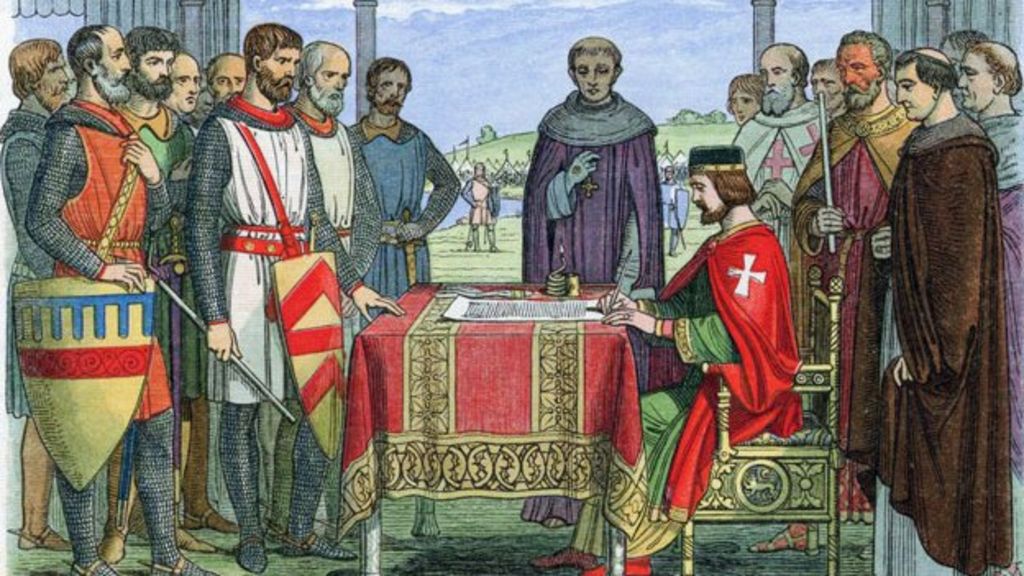1166 The birth of a very bad king
King John was not a good man / —He had his little ways. / And sometimes no one spoke to him / For days and days and days. So wrote A.A. Milne about a monarch so universally despised that not a single English ruler in the 800 years since his rule has been named John.
John was the youngest son of King Henry II and his wife Eleanor of Aquitaine, rulers of England, Ireland and most of France: what is today called the Angevin Empire. His was a notoriously quarrelsome family with the sons and mother frequently combining to make war against the father or against each other. John was Henry’s favourite and stayed loyal to him longest but, in the end, he too turned on his aging father, siding with his brother Richard who would shortly inherit the throne.
Richard “Lionheart” became king in 1189 and immediately left on the Third Crusade. John had been bribed to keep him loyal in his brother’s absence but, predictably, he began conspiring with Philip of France who had treacherously returned early from the crusade intending to reduce Richard’s holdings in France. When Richard returned in 1194 he forgave his little brother but died in 1199 without clearly naming him as heir. John had to battle the forces of his nephew Arthur of Brittany before securing the English crown and his possessions in France. Unfortunately John was an incompetent and uninspiring leader who soon lost almost all of his continental holdings, earning the nickname “Softsword”.
Back in England John fared no better, quarrelling with the church and his nobility. He imposed his own candidate as the Archbishop of Canterbury, earning an excommunication from the pope, and alienated his political class with arrogance and greed. He was forced to accept the pope’s candidate for archbishop, turn England over as a papal fief, and sign the Magna Carta with his barons, promising in this founding constitutional document, to rule fairly or face a justified rebellion.
John died of dysentery in 1216, unwept, unhonoured and, mostly, unsung. With the exception of the 16th century when John was treated as a Protestant hero for having defied the pope, John’s historical reputation remained abysmally low.
